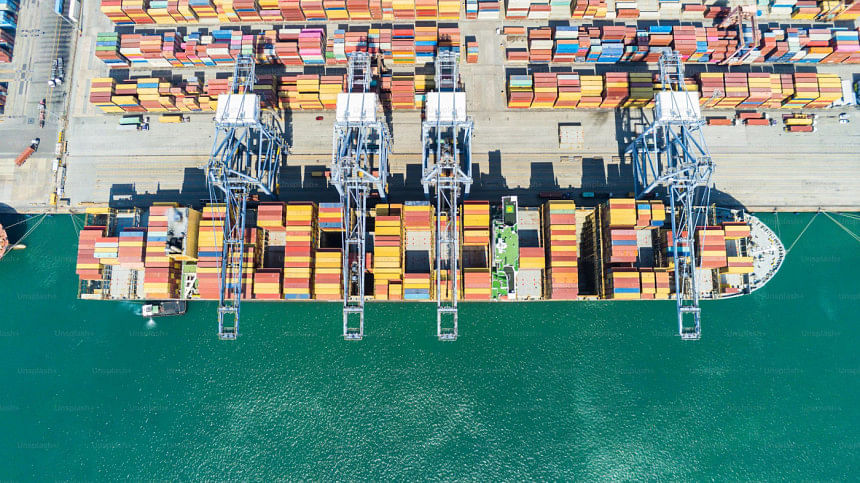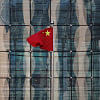Tariffs and trade wars: Explained

In the months following the rise to power of the current president of the United States, the word 'tariff' has been floating around the internet. A word that seems to attract a lot of attention from economists and create a shuffle in global politics, tariffs became the new way for countries to attack each other. In the world of politics and economics, tariffs are a systematic and calculated measure taken against imported goods from foreign countries, with massive consequences for populations in both the country imposing the tariffs and the country on which the tariffs are being enforced.
Let's consider a situation. Suppose you're a local businessman working within your community. You do your job and sell your product at a given rate. Now imagine a competitor entering the scene; only this person works from outside your community and sells the exact same product at a reduced rate. The result? Your business takes a nosedive as customers start flocking to this new producer. This isn't the end for you, though, as the local government overseeing your community decides to step in and place a special tax on any product being imported from outside your community. This tax, which we call a tariff, harms your competitor's business plan, as their prices have now been hiked dramatically thanks to the additional taxation.
Tariffs, of course, do not function in as simple of ways as discussed in this scenario; they are also not something imposed between local communities. The imposition of tariffs occurs between countries. Countries place these special taxes to hike up the prices of imported goods. And the absence of strategically placed tariffs may result in the death of industries.
In today's hyper-globalised economy, countries like the US have a tendency to outsource the manufacture of different kinds of products to different countries. This is done to ensure a high production rate for goods while keeping costs at a minimum. The tradeoff here, of course, is that these products are usually made in countries across Asia, where the mission to ensure high quality with minimal costs often results in immensely unethical labour practices.
Here, the problem branches out in two directions. One, the overreliance that countries like the US have on imported goods often results in the loss of jobs within their own country. One example of this may be seen in the fall of Detroit's automotive industry, as outsourcing the manufacture of automotive parts coupled with an ever-increasing interest in imported vehicles (partly due to their more affordable prices), led to the eventual layoffs of employees as factories chose to either close or relocate. Now, one way this problem could have been addressed was by imposing tariffs, thus reducing the demand for imported vehicles.
The second problem comes in when we consider the other side of this globalised economic scenario. On April 3, 2025, the Trump administration announced a 37 percent tariff on all imported Bangladeshi goods. While this has been postponed for a few months, the impact it can have on Bangladesh's export business, and the workers who make it possible, will no doubt be massive. For countries like Bangladesh that have a major export market in the US, tariffs might lead to a loss of their business. Addressing this on a global platform is also not an easy task, and the high tariff rates will more than likely lead to workers suffering under increasingly unethical practices.
In addition to everything mentioned thus far, there is also the reality that countries often enforce tariffs as a way to leverage power over other countries. The US, in our previously discussed scenario, is clearly attempting to display its power over Bangladesh. But that's not the end of the story.
It's apparent that the US has targeted many countries worldwide, with one being in focus – China. To impose strong tariffs against a country like China is a strategic move aimed at hurting their economy. China, in response, announced tariffs against the US themselves, leading to what we understand to be a "trade war" – a war fought with tariffs and sanctions with the intention of damaging another country's economy. Presently, the United States and China are in conversation, with the hopes that this might result in a quelling of this current trade war. However, trade wars take place regularly between countries, and even if this dies down another may start very soon.
But now the question is, who do the tariffs actually impact? To put it simply, when the prices of commodities go up, it will have to be the people paying for it. It's not always possible for local companies to provide the same quality as imported goods. Additionally, the absence of any international competition may lead to an oligopoly or even a monopoly where the market is dominated by a few or even one corporation.
Ultimately, understanding the impact of tariffs requires an understanding of how they are used on a global scale. The use of tariffs to establish power is perhaps an action that will continually occur under our current capitalist systems.

 For all latest news, follow The Daily Star's Google News channel.
For all latest news, follow The Daily Star's Google News channel. 










Comments